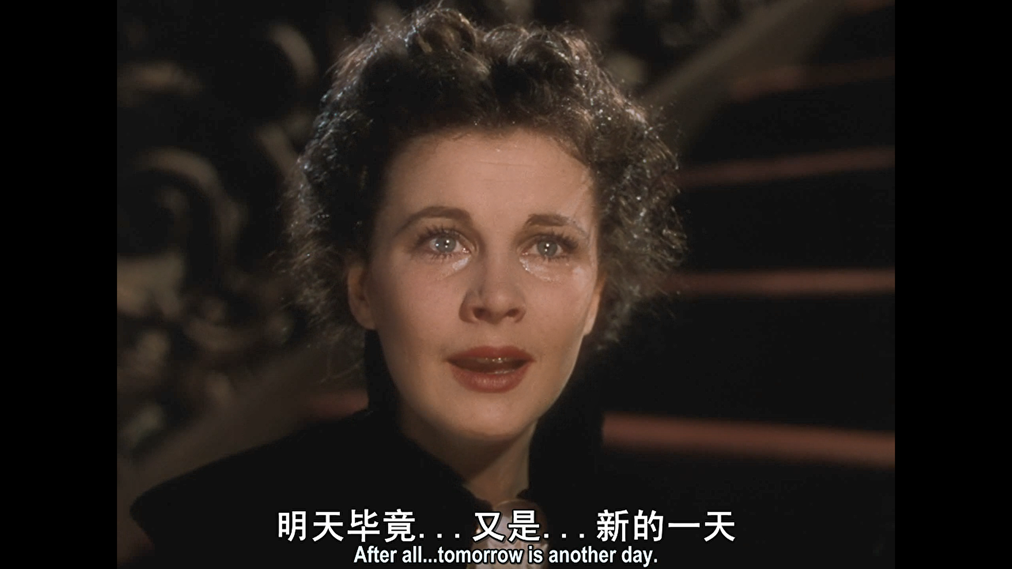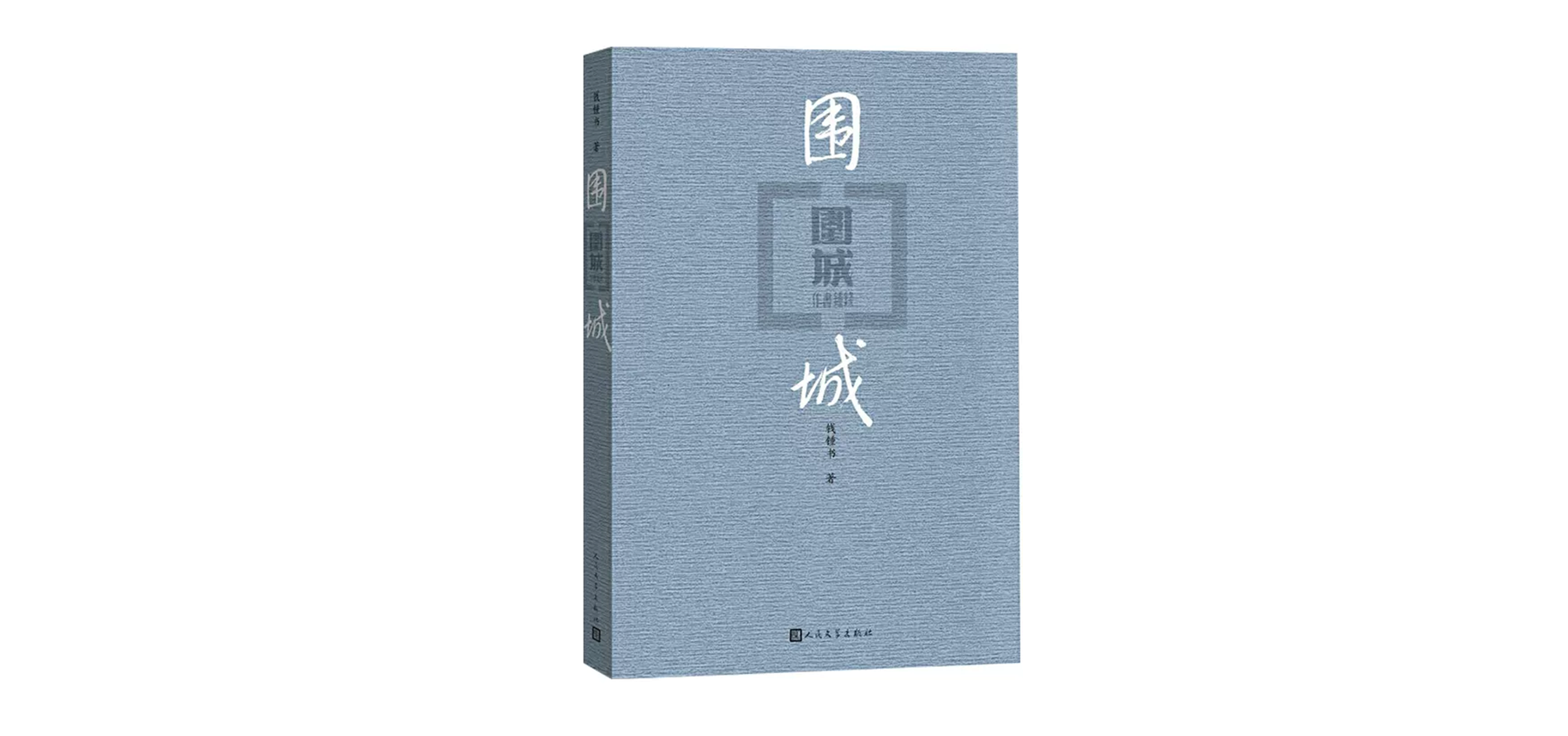MY 100-Day English -86

Over the years I’ve watched the fates of my HBS classmates from 1979 unfold; I’ve seen more and more of them come to reunions unhappy, divorced, and alienated (疏远) from their children. I can guarantee you that not a single one of them graduated with the deliberate (故意的;深思熟虑的;从容的) strategy of getting divorced and raising children who would become estranged (疏远的) from them. And yet a shocking number of them implemented that strategy. The reason? They didn’t keep the purpose of their lives front and center as they decided how to spend their time, talents, and energy.
It’s quite startling that a significant fraction of the 900 students that HBS draws (吸引,招生) each year from the world’s best have given little thought to the purpose of their lives. I tell the students that HBS might be one of their last chances to reflect deeply on that question. If they think that they’ll have more time and energy to reflect later, they’re nuts (疯了,坚果), because life only gets more demanding: You take on a mortgage; you’re working 70 hours a week; you have a spouse and children.
For me, having a clear purpose in my life has been essential. But it was something I had to think long and hard about before I understood it. When I was a Rhodes scholar, I was in a very demanding (苛刻的,要求高的) academic program, trying to cram (填满,塞满) an extra year’s worth of work into my time at Oxford. I decided to spend an hour every night reading, thinking, and praying about (祈祷) why God put me on this earth. That was a very challenging commitment to keep, because every hour I spent doing that, I wasn’t studying applied econometrics (应用计量经济学). I was conflicted about whether I could really afford to take that time away from my studies, but I stuck with (被迫接受;无法摆脱) it—and ultimately figured out the purpose of my life.
Doing deals (达成交易) doesn’t yield the deep rewards that come from building up people.
See you tomorrow








